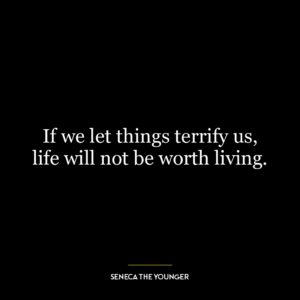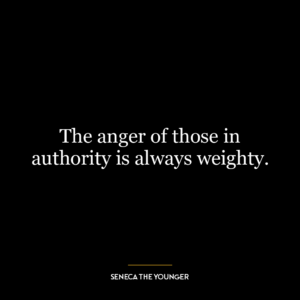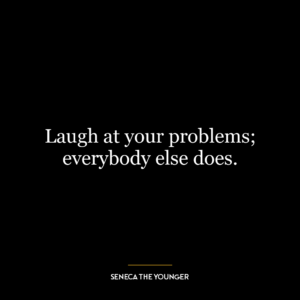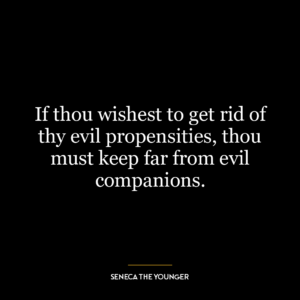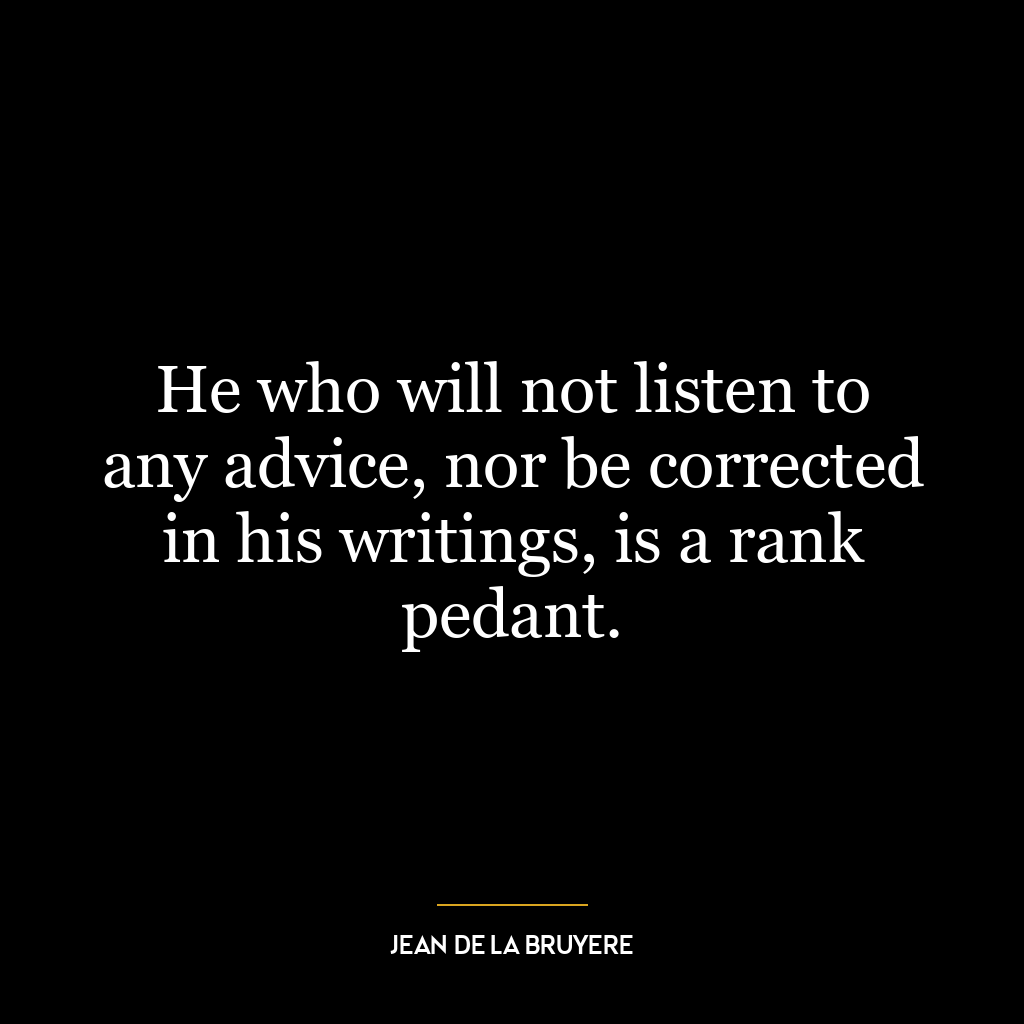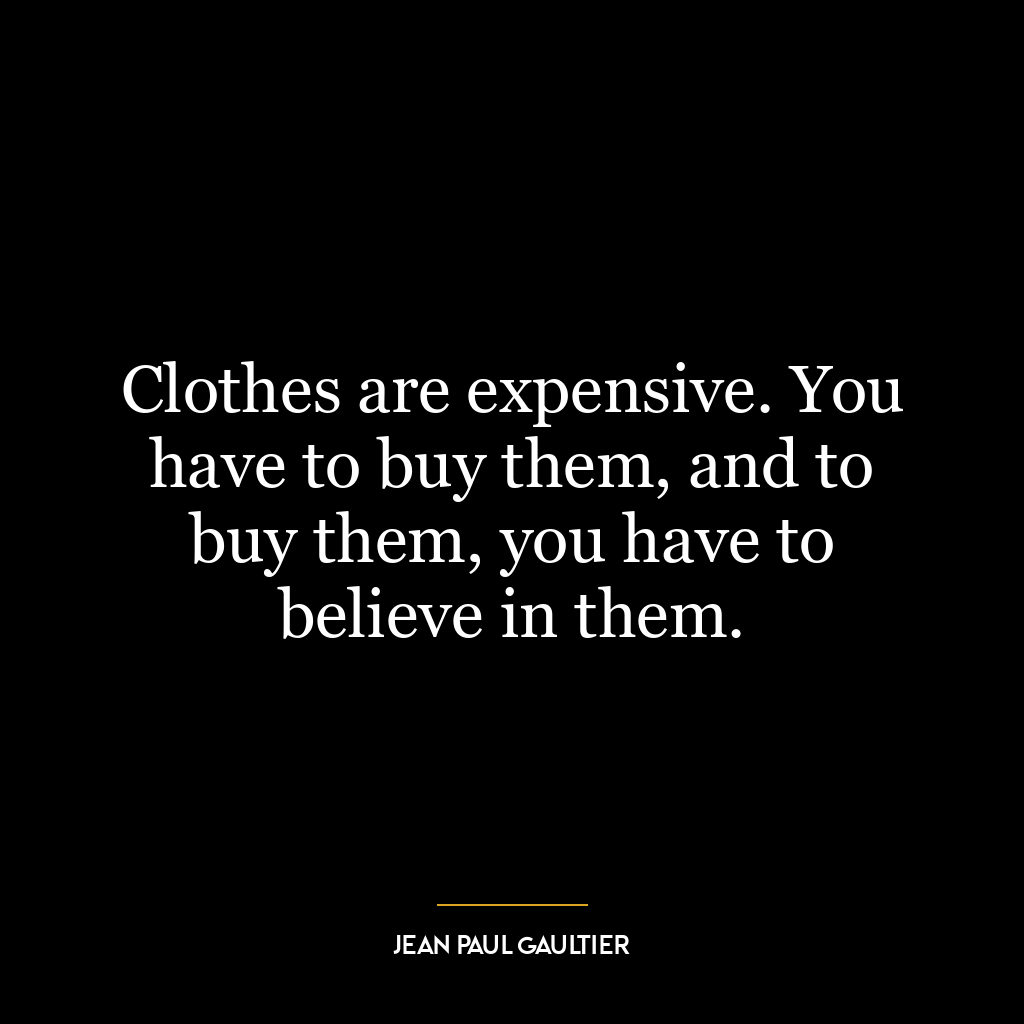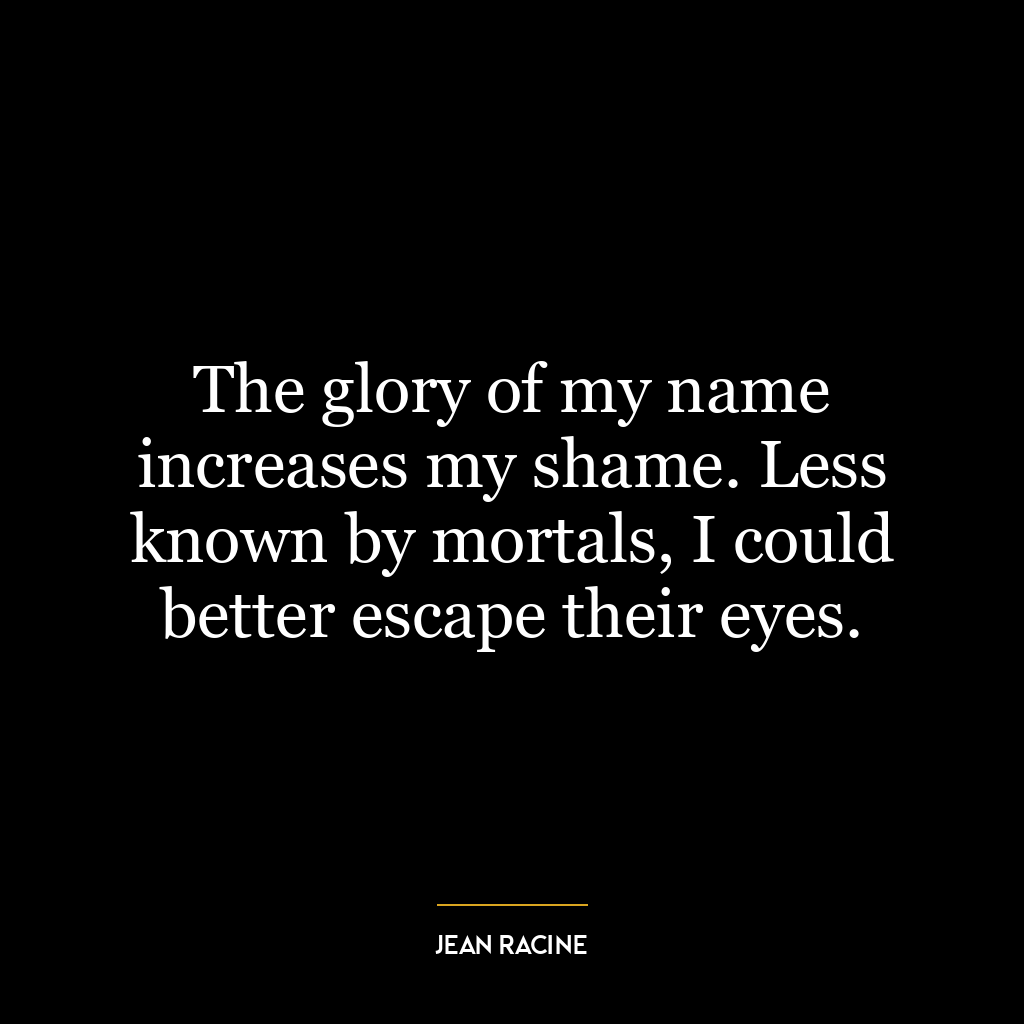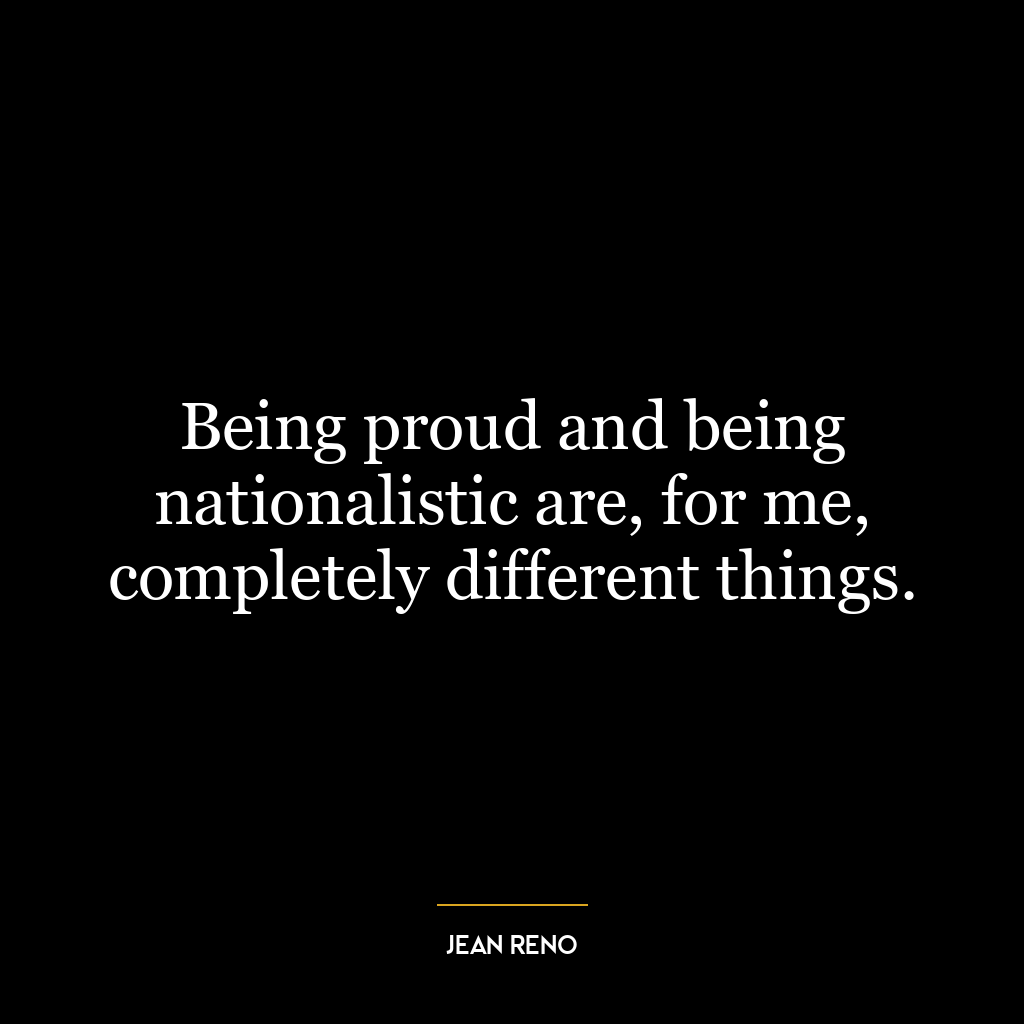Tis not the belly’s hunger that costs so much, but its pride
This quote is a profound observation on human nature and our societal values. The “belly’s hunger” refers to our basic, physical needs – food, shelter, clothing. These needs are fundamental and relatively simple to satisfy. However, “its pride” refers to the desires and ambitions driven by our ego, status, and societal pressure. These desires are often extravagant, unnecessary, and difficult to satisfy. They can lead to greed, discontent, and a ceaseless pursuit of materialistic wealth.
The “cost” in the quote doesn’t just refer to financial cost, but also the emotional, mental, and sometimes physical toll it can take on an individual. The pursuit of these pride-driven desires can lead to stress, anxiety, and even health issues. It can also cost us our time, relationships, and sometimes our values.
Applying this idea in today’s world or personal development, we can understand that it’s essential to differentiate between our needs and wants. In an era of consumerism, where we’re constantly bombarded with messages that encourage us to want more, it’s easy to confuse our wants with our needs. We might think we need the latest smartphone, a bigger house, or a luxury car to be happy or successful. However, these are often pride-driven desires, not basic needs.
In terms of personal development, this quote encourages self-awareness and introspection. It asks us to question our motivations and desires. Are we striving for something because we truly need it, or is it our pride driving us? Understanding this can help us make more conscious decisions that align with our true needs and values, rather than societal pressures or ego-driven desires. This can lead to a more fulfilling and content life.
Moreover, it can also help us develop empathy and understanding towards others. Recognizing that a lot of societal issues, such as inequality and overconsumption, are driven by pride rather than need, can help us approach these issues with a more compassionate and thoughtful mindset.






